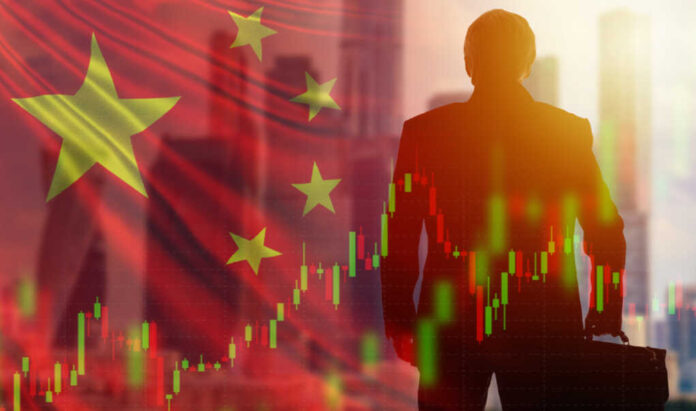
China quietly drops tariffs on US semiconductors and considers more exemptions while publicly denying trade negotiations, revealing Beijing’s economic vulnerability in this high-stakes game of chicken.
At a Glance
- China has already exempted some US semiconductors from its 125% retaliatory tariffs, reducing taxes on at least eight classifications of microchips to zero
- China’s commerce ministry is consulting businesses to identify crucial US imports that cannot be sourced elsewhere
- Beijing publicly denies ongoing negotiations with the US while simultaneously considering exemptions for medical equipment, industrial chemicals, and aerospace parts
- The Chinese government appears concerned about domestic economic impacts such as layoffs and factory closures if the trade war continues
- Chinese officials urge the US to “stop creating confusion” while preparing for a prolonged trade conflict
China’s Strategic Retreat on Tariffs
Beijing is quietly backing down from its hardline trade war stance, selectively removing tariffs on critical US imports while maintaining tough public rhetoric. Reports confirm that China has already eliminated tariffs on certain American semiconductors, with tax rates on at least eight classifications of microchips reduced to zero. This strategic retreat comes as Chinese authorities survey domestic businesses to identify which American goods are irreplaceable in their supply chains—a tacit admission that complete decoupling from US technology would severely damage China’s already troubled economy.
The Communist leadership’s willingness to exempt certain products from punitive tariffs reveals the economic reality behind their political posturing. Medical equipment, industrial chemicals like ethane, and aerospace components are reportedly among the next categories being considered for exemption. This selective approach allows the Chinese government to preserve face while quietly addressing supply chain vulnerabilities that threaten domestic stability—a core concern recently emphasized by the Politburo as they prepare for what could be a long economic battle with the United States.
China grants some tariff exemptions for US imports as trade war bites https://t.co/mIw9pRWxf7
— Financial Times (@FT) April 25, 2025
Denying Negotiations While Making Concessions
In a classic example of communist doublespeak, China’s Ministry of Commerce publicly denies engaging in trade negotiations with the United States while simultaneously making targeted concessions. When questioned about reports of ongoing talks, Beijing officials demanded that Washington “stop creating confusion” even as they quietly compile lists of US imports for potential tariff exemptions. This contradictory approach highlights the regime’s attempt to balance domestic political concerns against the economic reality that China still relies heavily on American technology, pharmaceuticals, and raw materials.
The Chinese Finance Ministry has established a system for companies to request tariff exemptions, effectively creating a safety valve to protect strategic industries from the regime’s own economic warfare. French aerospace supplier Safran has already received exemptions for equipment parts, and some US pharmaceutical companies report similar carve-outs for specific drugs. A list of 131 product categories being considered for exemption reportedly circulated on Chinese social media before being quickly censored—another sign of the government’s sensitivity about appearing weak in this economic confrontation.
Economic Reality Forces China’s Hand
China’s faltering economy appears to be forcing a pragmatic reconsideration of its hardline trade stance. With rising unemployment, deflationary pressures, and a property market in crisis, Beijing can ill afford to lose more manufacturing jobs to a prolonged trade war. The American Chamber of Commerce in China reports that the Chinese government has been surveying foreign companies, asking specifically “what sort of things are you importing to China from the U.S. that you cannot find anywhere else and so would shut down your supply chain.”
This survey reveals Beijing’s growing concern about foreign companies exiting the Chinese market if the tariff standoff continues long-term. Michael Hart, president of the American Chamber of Commerce in China, notes that some businesses have already warned they would be forced to leave China under sustained tariff pressure. The exemptions mirror similar US actions, which excluded certain electronics from tariffs to protect American companies like Apple and Nvidia. Markets responded positively to the news, with Asian shares rising and the yuan recovering slightly—a reminder that despite the political bluster, financial markets still hope for economic sanity to prevail.
Sources:
https://www.cbc.ca/news/business/china-tariff-exemptions-1.7518434
https://www.nytimes.com/2025/04/25/business/china-considering-tariff-exemptions.html






















